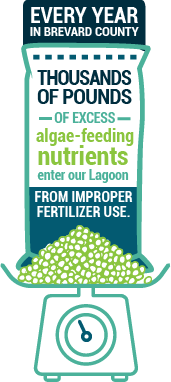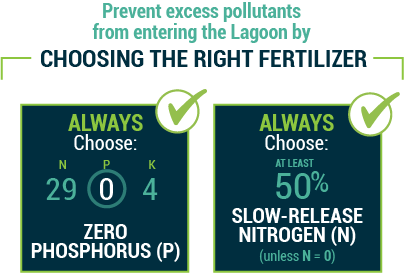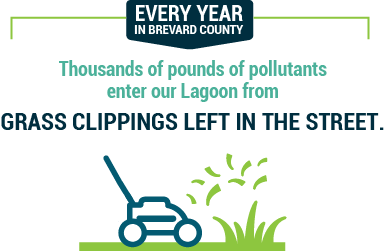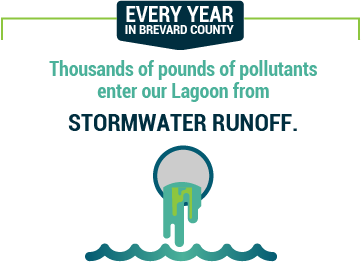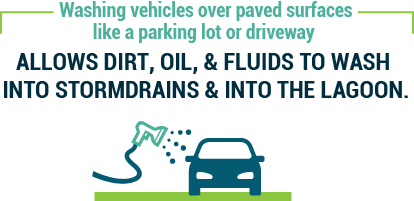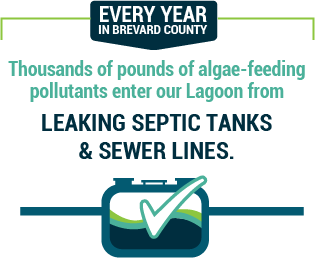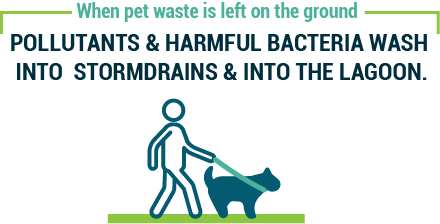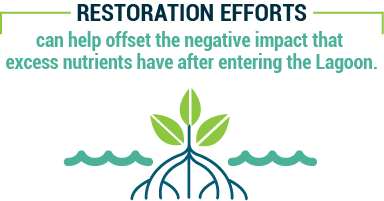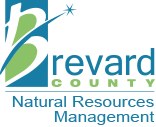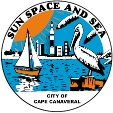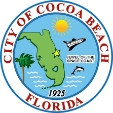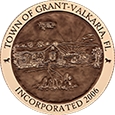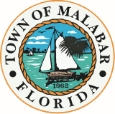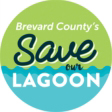BE LAGOON LOYAL.
Honor the summer fertilizer ban during our rainy season, which is June 1 – September 30. Heavy rains flush fertilizer off your grass and into our Lagoon! Herbicides, pesticides, fungicides and all other lawn chemicals can also be washed off your yard by rainfall or excess irrigation. These chemicals pollute the lagoon and can harm wildlife.
BE LAGOON LOYAL.
Choose 0 Phosphorous and at least 50% slow-release Nitrogen (unless N=0). Or go with native or Florida-friendly plants that don't need fertilizer.
BE LAGOON LOYAL.
Blow freshly mowed grass clippings back into your yard. It acts as organic fertilizer that is actually good for your lawn!
BE LAGOON LOYAL.
Keep yard debris and clippings away from stormwater.
BE LAGOON LOYAL.
Professional car washes collect and treat wash water. If you wash your car at home, use your lawn to filter and keep harmful grime and suds off the street and out of the lagoon. If your engine leaks, fix it immediately and clean up oil spills before it rains.
BE LAGOON LOYAL.
Schedule a septic system checkup or sewer pipe inspection every 3-5 years.
BE LAGOON LOYAL.
Pick up your pet waste right away and place in your trash bin or flush it.
BE LAGOON LOYAL.
Have some fun at a lagoon volunteer event!





